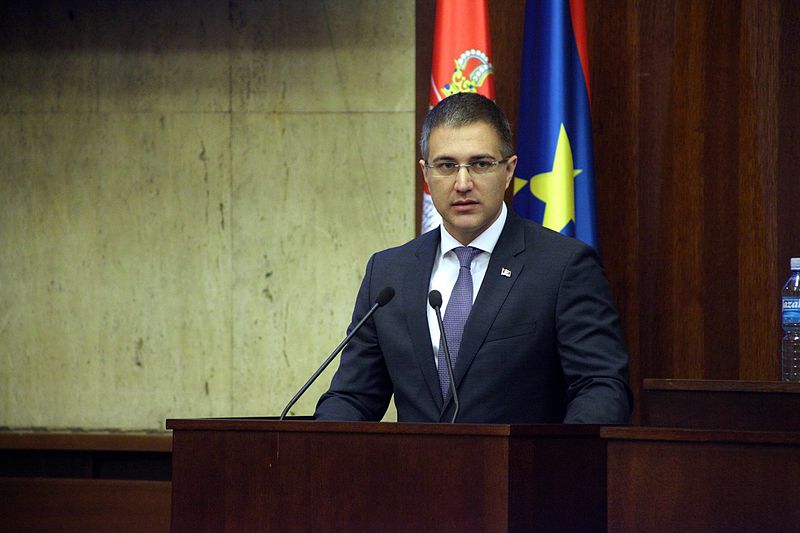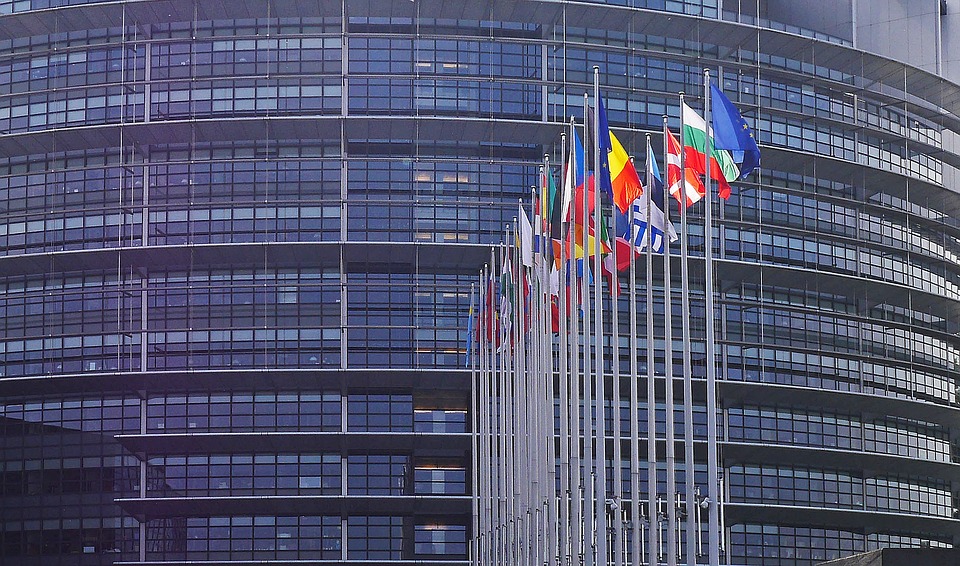Germany, Bavaria, Seeon – Hungarian Prime Minister Viktor Orbán visited the Bavarian leader Seehofer at two days of the beginning of negotiations for the formation of a government in Germany. And in an interview with the German newspaper Bild, the strong man of Budapest did not mince his words, as usual: for him, mass immigration weakens democracy in Europe and “refugees” are in fact “a Muslim invasion force”.
Two days before the beginning of the negotiations for the formation of a government in Germany, the national-conservative Prime Minister Viktor Orbán went to Bavaria to meet his ally Horst Seehofer, Merkel’s ally and boss of the CSU, the brotherly party of Angela Merkel’s CDU, although much more cautious and skeptical about immigration. And this visit is not accidental: across Bavaria, much closer historically and culturally to central Europe represented by the Visegrád group than the north of Germany, more “Prussian”, Viktor Orbán, who enjoys a great popularity in the right-wing opposition in Germany, knows that he can influence the German policy in an indirect way. In his press address after the talks, Viktor Orbán reiterated his opposition to immigration and his role in protecting Bavaria from illegal immigration since 2015 and for the respect of law and order, “while at the same time in some parts of Europe chaos and illegality were being celebrated.”
“2018 will be the year for reasserting the will of the people [regarding immigration],” added the head of the Hungarian government, highly favorite for the April 2018 elections according to the polls, to run for his third consecutive term – and fourth of his career. According to Viktor Orbán, immigration has become “a problem for democracy” because “leaders in many places are not doing what the people want them to”. The link between terrorism and immigration is obvious to the Hungarian Prime Minister, who adds that the majority of Europeans do not want to live with people who, as he said in the interview with the German newspaper Bild, “are not refugees but a Muslim invasion force”, and “people who cross four safe countries, where their lives are not in danger, before arriving in Hungary, and continuing to Germany”. They are “economic migrants, who want a life at the level of that of the Germans”.
The fight against Soros at the heart of the electoral campaign
Another famous fight of the Hungarian Prime Minister is the one against George Soros and his networks. Asked by the Bild about his poster campaign against George Soros, Viktor Orbán explained that the support of the billionaire speculator and financier to about 60 pro-immigration NGOs poses a risk to national security. The Hungarian Prime Minister also recalled that Hungary is not the only country to have an anti-immigration barrier (Spain, Bulgaria, France or Latvia have one, for example) nor the only country to have refused the quota of migrants that Brussels sought to impose (recalling that more than 20 Member States have not fulfilled their obligations on this issue).
On Tuesday, 9 January, Dutch Greens MEP Judith Sargentini arrived in Hungary to “observe the situation” of the rule of law in the country on behalf of the European Parliament. This despite her proximity to anti-government NGOs, the leadership of the CEU — questioned last spring by the government of Viktor Orbán — and George Soros himself, as revealed by the DC Leaks: despite her presence on the lists of “reliable allies” to George Soros, Judith Sargentini will be the rapporteur for the European Union on this sensitive issue. This will of course bring more mist to the mill of Viktor Orbán, three months away from important parliamentary elections.




